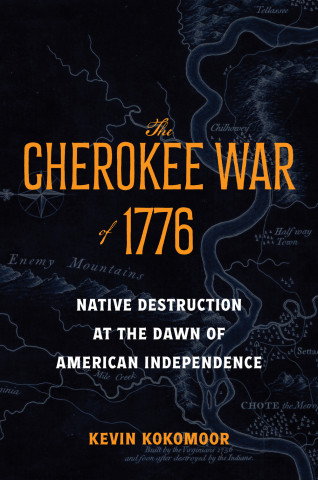
Reviews
Irwin succeeds in presenting his topic with the intellectual cachet it deserves.
Irwin gracefully and successfully accomplishes the critic's most worthy task—to return us happily to the scene of the crime.
Stimulating... Irwin's psychoanalytic criticism offers subtle readings of the novels, their adaptations, and of the relations between these texts and their authors' lives.
Persuasively locates the development of noir out of the quintessentially American genre of hard-boiled detective fiction.
John Irwin is a great original as an American poet-critic. Each new book by him—whether poetry or prose—delights and surprises me, in the mode of a Borgesian essay-fiction or a Kafkan parable, but expanded into the exegetical sublime. Hard-boiled fiction and film noir have found their most illuminating critic in Irwin.
Irwin's analysis of five American crime novels from the Thirties and Forties and his insightful discussion of the 'noir' films based on them cast new light on the qualities of these 'hard-boiled' classics. The surprising affinities he uncovers that link these works with other examples of American 'main-line' fiction will surely increase the reader's perception of the inherent seriousness at the heart of these genre entertainments.
Book Details
Preface
Introduction
1. "Where Their Best Interest Lies": Hammett's The Maltese Falcon
2. Being Boss: Chandler's The Big Sleep
3. Beating the Boss: Cain's Double Indemnity
4. Who's the Boss? W. R. Burnett
Preface
Introduction
1. "Where Their Best Interest Lies": Hammett's The Maltese Falcon
2. Being Boss: Chandler's The Big Sleep
3. Beating the Boss: Cain's Double Indemnity
4. Who's the Boss? W. R. Burnett's High Sierra
5. Deadline at Midnight: Cornell Woolrich's Night Has a Thousand Eyes
6. A Puzzle of Character
7. Hard-Boiled Fiction and Film Noir
8. Hard-Boiled Fiction and Film Noir, Continued
Afterword
Notes
Index






